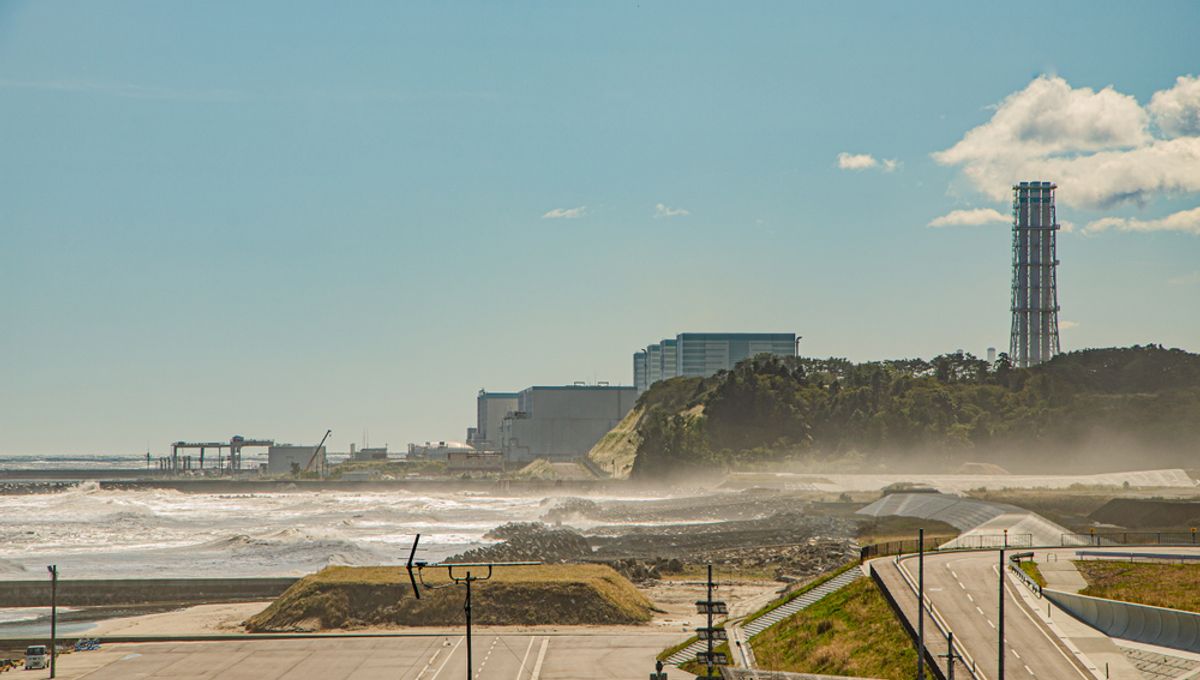
The United Nations (UN) nuclear watchdog has officially approved Japan’s plan to release treated radioactive water from the Fukushima nuclear disaster into the Pacific Ocean. While the plan has been deemed safe by a variety of agencies and some experts, the idea of dumping tainted water in the sea is not sitting well with everyone.
In a report presented to Japanese Prime Minister Fumio Kishida on Tuesday, July 4, the UN’s International Atomic Energy Agency (IAEA) concluded that the plans to release treated water stored at the Fukushima Daiichi nuclear power station into the sea are safe.
This year marks 12 years since the Fukushima nuclear disaster, the worst nuclear disaster since Chernobyl in 1986. It started on March 11 2011 when a magnitude 9.0 earthquake struck the east coast of Japan. The tremors triggered a 15-meter (50-foot) tsunami that killed over 18,000 people along Japan’s northeast coast and struck the Fukushima Daiichi nuclear power plant with a violent wave of water, breaking its power supply and cooling systems. This led to a meltdown in three of its reactors, which sent significant amounts of radiation into the atmosphere.
The dilemma of what to do with the Fukushima disaster’s wastewater has been hanging around for years. As part of the ongoing clean-up, around 1,000 specialized tanks were built to store the colossal quantities of water that flooded in from the tsunami wave or were used to cool the melted reactors.
In total, over 1.3 million tonnes of treated wastewater have accumulated at the site. Much of the water has been treated through the removal of dangerous radioactive nuclides, although it remains slightly radioactive due to the presence of tritium, a relatively harmless isotope of hydrogen that’s tough to separate from water.
After much debate, the IAEA has reviewed the problem and finally concluded it’s safe to release the treated wastewater into the sea.
“Based on its comprehensive assessment, the IAEA has concluded that the approach and activities to the discharge of ALPS treated water taken by Japan are consistent with relevant international safety standards,” IAEA Director General Rafael Mariano Grossi said in a foreword of the report.
“Furthermore, the IAEA notes the controlled, gradual discharges of the treated water to the sea, as currently planned and assessed by TEPCO, would have a negligible radiological impact on people and the environment,” he added.
Despite many reassurances from experts, the plan has proved highly controversial among some environmental groups, local residents, and the international community.
Two of Japan’s most prominent neighbors, China and South Korea, have been highly critical of the plan, while Greenpeace has accused the owner of the nuclear plant of “using the Pacific Ocean as a dumping ground.”
Despite these reservations, however, it’s now looking almost certain the plan will go ahead.
Source Link: Plan To Dump Radioactive Water From Fukushima Into Sea Gets UN Approval